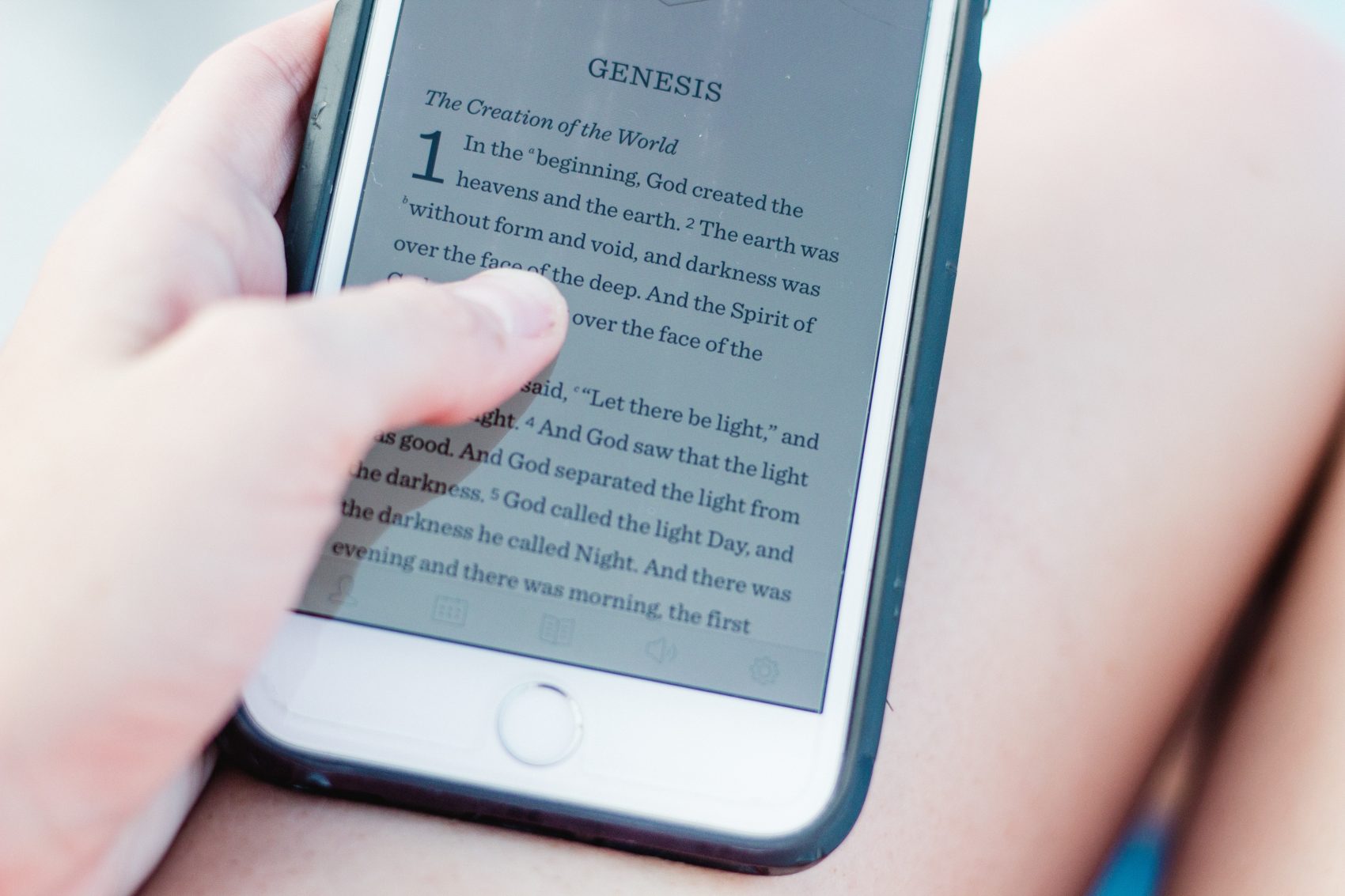ORIGINS OF FUTURE LEARNING LAB

Set it up in 2009 and launched in 2010, Future Learning Lab began with the idea of an “Innovation Bridge” to Silicon Valley. We were fortunate to have a close working relationship to the staff at Stanford University’s Media X Institute, and give a particular thanks to Dr. Martha Russell who is now the center director.
By now, Future Learning Lab is both research group at the University of Agder and an international collaborative of scholars, teachers and entrepreneurs who share an interest in how the globalization and digitalization of society challenges us to think about education and learning in new ways. New technologies are now remaking the basics of education, its constraints and its possibilities, from kindergarten via higher education to the workplace.
NETWORK TIMELINE IN BRIEF

2009: Idea and planning
2010: Kick-off UiA workshop/conference
2011: First national workshop/conference
2011: First Nordic EdTech project
2012: First of many workshops at Stanford University
2013: First conference with international ambitions
2014: Our second international conference
2015: Our Future Learning 2020 Summit, at Stanford
2015: Second Nordic EdTech project
2016: First conference labeled World Learning Summit.
2017: Second World Learning Summit
2017: Launch of WLS Summit Proceedings
2018: Third World Learning Summit
2018: First Oslo Roundtable, Oslo House of Literature
COLLABORATIVE AGENDA

Collaboration across a wide range of academic disciplines is difficult. But how are we to make better use emergent technologies if we do not? How do universities and other institutions of learning develop educational support eco systems meant for this century and not the 18th?
There are many organizational constraints working in the opposite direction of peer collaboration — wanting academics to get back into their office, do their research and “produce” — papers. This is not to say that research is not important — of course not, but interdisciplinary and truly explorative research also requires collaboration across fields, distances, disciplines and age-groups: In preparing for research, doing explorations, observation and participation.
There are, in fact few incentives for academic people to seek out colleagues “across the isle”, to build broader and better platforms across disciplines. It is not in the DNA of most universities, where “silos” is more the pattern. Research is specialized, and it is divided into organizational categories rendering management, planning and funding as tools for furthering that silo practice. What is loosing out is the cross-field dialogue, the imagination, the long-term fertilization.
INTERDISCIPLINARY DIALOGUE

An important part of the learning of tomorrow will happen at the workplace, inviting and updated life-long learning and workplace understanding — in the private as well as in the public sector. Accordingly, our ambition was to also service the dialogue between academics and private/public enterprise. And why not — given the immensely internationalized and globalized region that we are, with some of the world-leading Oil and Gas industry present? The world comes here, for high-tech specialization: So why would not the world comer here for specialized insights into the future of learning?
We asked that question back at our 2010 workshop and conference with Media X @ Stanford Director Martha Russell as facilitator. Since them, we have had others come to work with us from Stanford, from Silicon Valley companies and now lately in 2014 also from University of Texas, Austin. In 2012 we ran a workshop at SCANCOR and SBI in an around Stanford University, with the presence of the University of Agder President, Vice President, three deans, a number of professors in the field, as well as industrial leaders in Southern Norway.
On this basis, and others, our university has now set up an inter-faculty PhD program in the area of new technologies and learning. We hope we can say that the Future Learning Lab also was part of the ignition that led to a Research-based Center of Innovation in and at around the Oil and Gas industry in our region — a competitive and globally oriented field. Meanwhile, we have conducted a Nordic Mapping of Entrepreneurs in Education, set up two large projects with collaborators in Eastern Africa, as well as continued to work out consultancy reports and proposals.
MAKING MEDIA SENSE

Whether it is exams, paper preparation, literature search; students today have everything online. Going to the library no longer presupposes walking. Working through the shelves has become a figure of speech. However, exactly what happens to learning and the acquisition of knowledge is a matter of research — a lot of it, in different contexts and from different perspectives. Researching the effect of learning media is a common theme in many research fields. Understanding various tools at hand is an aspect of making use of them. Awareness of how students measure and compare lectures and lecturers with TedTalk “stars” is yet another aspect of how to approach that fact: Students and educators today work and interact in a context of media ubiquity.
Collaborative learning requires collaborative thinking, which in turns implies a change in our conceptions of the teacher. As the familiar saying goes: From the idea of the teacher as preacher or the sage on the stage, designing new learning interactions introduces new ideas of tutorship and coaching, chance and serendipity. Learning acquires a dynamics more related to games, gamified learning and game based learning in the sense that multiple narratives move at parallell speeds, providing students and learners with different avenues forward, backward, ans sidewards.
In this research theme, Future Learning Lab engages in the design, production, execution and evaluation of new learning designs.
AFTER GUTENBERG

Have you noticed how you read differently than before, read more online, read different things, for shorter periods at a time and often with more choices to skip a page, seek out a link, and pursue a thought in another book, another article, or a newspaper? And if you are an educator brought up in an age before Snapchat and Instagram maybe you have noticed how you have an altogether different approach to pictures and tho sharing than your students do? In short, many things are changing: Coping with then in terms of how they affect teaching and learning is not a technology issue and neither is it necessarily a pedagogical one. It is an invitation to our making more of our sociological imagination.
From the sociological point of view, the future of learning begs the study of the future of reading and writing, the role of the written word and the modalities in which we read and write. And with it follows an interest in institutions of publishing, of sharing, of distribution of written knowledge – what a media studies perspective might be labeled as “the media in society”.
DIGITAL LEARNING
![]() More than a decade ago, in 2007, a Futures Lab report asked whether we as a society and as educators are prepared for the massive changes in human capabilities that digital technologies are likely to enable in the next few years. They concluded that we are not, in fact that our models of society and of education require reassessment if they are to adequately reflect the kinds of changes that are now taking place in our modes of communication. As research within many areas of the social sciences and humanities show, digital (or ”new) media are ushering in a post-print paradigm, shattering established frameworks of thinking about research, teaching, and learning.
More than a decade ago, in 2007, a Futures Lab report asked whether we as a society and as educators are prepared for the massive changes in human capabilities that digital technologies are likely to enable in the next few years. They concluded that we are not, in fact that our models of society and of education require reassessment if they are to adequately reflect the kinds of changes that are now taking place in our modes of communication. As research within many areas of the social sciences and humanities show, digital (or ”new) media are ushering in a post-print paradigm, shattering established frameworks of thinking about research, teaching, and learning.
- How can interdisciplinary research and development in educational uses of new technologies contribute to progressive teaching and learning methods and to the lowering of threshold levels for teachers and students in critically applying social media competences from outside of school, inside the classroom?
- To what extent and in which direction does multimodal communication platforms challenge or support current pedagogical paradigms – given societies’ increasing media immersion?
- How can the notion of a “digital pedagogical paradigm” successfully be wed to classic humanistic concerns with narrative, curation and performance, meeting current societal challenges?
- How do questions such as these invite analysis of organizational demands in a globalized education system, where the classroom no longer has a closed architecture?
SOCIAL CHANGE
 Distance education has been around for many decades as both informal learning and formal degree-giving education programs. But what happens and how do we understand distance education when distance ceases to be a concern? From a globalization perspective, the new reality includes massive scaling, online learning, open courses – asynchronous and a synchronous learning interactions, networked education institutions, if not to mention aspects of a global development. Some potential themes: Global mobility of student flows, networked collaboration on programs, and joint development of degrees and curricular standards. Studying global learning is an aspect of the technologies that enable it, the organizations and institutions that embed it, and the practices that unfold within the forms and modalities enabled.
Distance education has been around for many decades as both informal learning and formal degree-giving education programs. But what happens and how do we understand distance education when distance ceases to be a concern? From a globalization perspective, the new reality includes massive scaling, online learning, open courses – asynchronous and a synchronous learning interactions, networked education institutions, if not to mention aspects of a global development. Some potential themes: Global mobility of student flows, networked collaboration on programs, and joint development of degrees and curricular standards. Studying global learning is an aspect of the technologies that enable it, the organizations and institutions that embed it, and the practices that unfold within the forms and modalities enabled.
At the University of Agder and our collaborating institutions, several large projects have brought together educators and students from as range of countries in a North-South dialog. A masters degree in Development Management combines educators and students from Norway, Ghana, Kenya, Tanzania, Uganda, and Sri Lanka. Other projects include educators and students from Rwanda, South Africa, Bolivia, the United States, the Nordic countries, and more.
In future proposals, Future Learning Lab engages in studies of learning interactions, impacts, cultures and the management of learning from a perspective on global learning.
DIGITAL FUTURES

21ST CENTURY SKILLS
